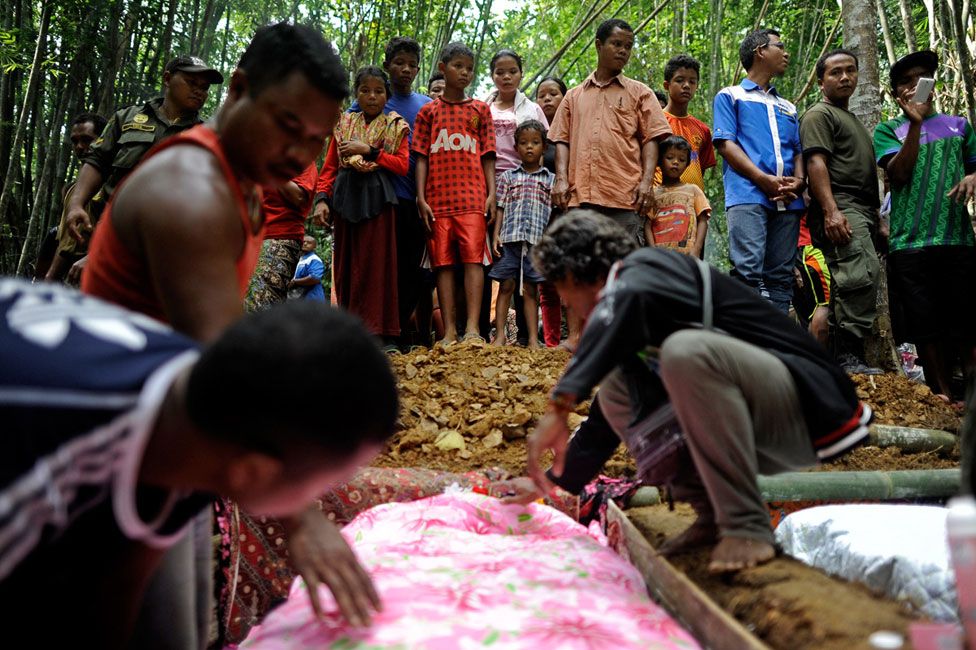
Questions about Malaysia’s treatment of this minority:The runaway children Malaysia failed to …

THIS is one article that I didn’t want to write. I put off writing it for two years. Writing 900 words about this subject was more painful than taking three years to write a 100,000-word thesis. I would do three more theses if I could avoid writing these next 900 words.
This article is about a tragedy that concerns us as a people and a nation. The tragedy should have sparked a national debate, but it was ignored despite being repeated four times.
What is this great tragedy, you might ask? Is it the May 13 race riots in 1969? Is it the Bukit Kepong incident in 1950? Is it the first riot in 1964 in Singapore before it left the federation? Is it the fall of a government? Or is it the dismal state of our institutions of education, justice and administration?
To me, all of these things combined fail to measure up to the tragedy I am about to describe.
Two years ago I happened to read a news article about an Indian-Malaysian family whose father killed all of his children. The report related how the mother died of cancer a few days before and the father, who was jobless and also in poor health, had become distraught. He ended up killing his 15-year-old son and three other children by strangling them all. After that horrifying deed, he hanged himself.
I could not sleep well for several days after reading about that, wondering why a father would kill his children. What drove him to do that? The police and other authorities dismissed it as the act of a crazy man. I did not think so.
Two weeks later, there was a report of another destitute Indian-Malaysian family whose parent, also suffering from an illness, killed the children. Again, the authorities dismissed it as “orang gila punya kerja” (a mad person’s act).
Several months later, I read of Chinese-Malaysian parents who poisoned their four little children and then themselves. At the last minute, an ambulance was called, but all the children died; the parents survived.
And just last week, a penniless father, whose race was not stated, smothered his three children after his wife died.
After each of these cases, our nation went on with business as usual. No professors from our 200 universities raised the issue. No religious clerics from any religion made it into a social and political issue. No NGO stood up and demonstrated or wrote press statements about the tragedies.
Was I the only one who cringed at the news of parents killing their children? Was I the only one to ask questions?
Firstly, why did these parents not seek help from other family members? All of us have wider family circles and if we begged several of them to care for one child each, surely they would respond? I have no issue whatsoever if adults decide to take their own lives, but I am aghast and crushed when children are killed just because one cannot figure out how to feed and care for them.
All children in this country – and the world – should be cared for and given a minimum chance to survive until they can make their own way. Is that not a social, political and spiritual right? What happened to the larger family system if parents think that it would burden other family members?
Then I asked the question: why did the parents not seek help from the leaders of their own race or religion? We have political leaders of all races and houses of worship worth millions. What is the purpose of religion and these splendid displays of architectural feats if parents had no faith that they could get help from going to a church, a mosque, a temple or a gurdwara to ask congregants to help their children?
If I were the parent, I would have taken them to the mosque and begged for help and asked to stay at the mosque. I would help sweep the floor of the mosque or scrub its toilets and then ask restaurants for leftovers so I could feed my children and myself. There is no shame in that. But, of course, I would ask for help from my own family and wife’s family first before going that far.
Finally, I asked: what should our government do for such families? Why did the four families not go to a zakat office or the Welfare Department for help? Why did they have no confidence in our institutions, orphanages and other forms of welfare? What are these zakat or welfare officers doing? Why are they not proactively walking the streets and looking under bridges for the homeless or talking to people in low-cost flats to see if there are families facing destitution?
I wish the four families had reached out to the media or someone for help instead of killing their children. What does it say about our nation when parents kill their children instead of trusting our institutions of race, institutions of religion and institutions of governance?
When I was in the United Kingdom, I was given a financial allowance for my four children. When I was in the United States, I was given food stamps when my daughter was born. I also remember watching a report on YouTube about 400,000 unemployed British youngsters given £250 (about RM1,400 at current rates) a month as a benefit back then.
I spent nine years overseas and I never read about parents killing their children because of poverty. What does it say about our country, our people and our faiths when four tragedies like these can happen – and that they raised not one iota of concern? We are, truly and sadly, a nation that is failing its most vulnerable people.
 Prof Dr Mohd Tajuddin Mohd Rasdi is Professor of Architecture at UCSI University. The views expressed here are entirely the writer’s own.
Prof Dr Mohd Tajuddin Mohd Rasdi is Professor of Architecture at UCSI University. The views expressed here are entirely the writer’s own.
Related posts:
schoolmates for their birthday,…
trending up, despite 49.4 perc…
https://www.thestar.com.my/news/nation/202…
Philippines experienced strong, ex…















